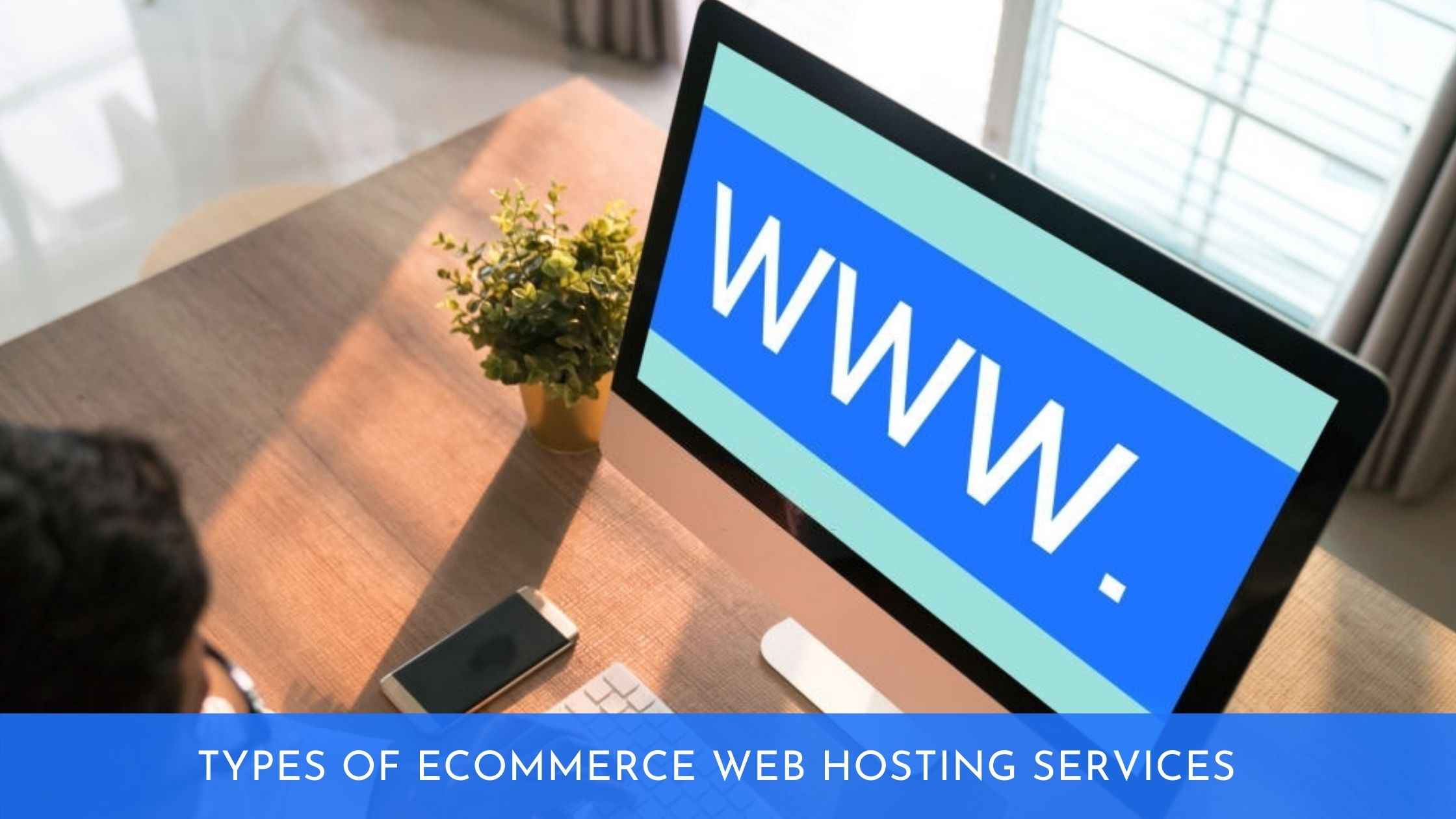When you are looking to start an eCommerce platform, one of the most crucial aspects remains to find a host for your website. A host basically gives you a chunk of space on the internet, so that you can take your website live. Once you have a host, anyone can access your website with the help of your domain name.
Ecommerce Website Development: Top 5 Hosting Plan and Features
For the not-so-tech-savvy people, web hosting can be thought of as buying a house on the block to store all of your goods in and conduct all of your activities. You’ll have plenty of neighbors, and people can drop in at any point in time. Numerous people can use it, such as bloggers, entrepreneurs, small businesses, eCommerce platforms et cetera. Basically, if you want to start a website for any reason, you’ll need a host. Depending on your requirements, there are quite a few types of web hosting that you can choose from, such as –

1. Shared web hosting –
As the name suggests, it refers to a type of hosting that involves using the same server to host multiple websites. It includes a pool of domains that make use of more or less the same resources. The utilities involved in this type of eCommerce web hosting are quite rudimentary and rigid and do not offer much scope for scalability unless you switch to a reseller web host.
2. Dedicated hosting –
In this type of hosting, the user gets full control over the webserver, but this does not mean that they are the owners of the server. In the case of dedicated servers, the user has administrative access over it, but it usually implies that they have to look after the security of their website all by themselves. It is usually less expensive to go for dedicated hosts which are self-managed.
3. Managed hosting –
In this type of hosting, the user is allowed to gain access to the webserver, but they do not have complete control over it. The server is basically being leased to the user in this case, and it is done so to ensure that the client does not create any configuration problems during the process. That being said, the user is allowed to manage their data with the aid of remote management tools.
4. Cloud hosting –
Cloud hosting is one of the most popular forms of hosting since it allows you a trusted and scalable option for your business. In case of any malfunction of the hardware, the cloud can compensate for it, thus preventing any loss in data. Due to its decentralized nature, it helps in the quick recovery of data even in case of some large-scale disruption. It is also quite affordable since users are only charged for the resources that they use. The major drawback, however, is that the users have little control over where their data gets stored, so it gives rise to a fair share of privacy concerns.
5. Clustered hosting –
Clustered hosting involves the usage of multiple servers for the same content so that there can be better utilization of the available resources. Not only is it a reliable mode of hosting, but it is also great for businesses that are looking for options that offer high scalability.
There are various types of web hosting facilities, and you should zero in on one that suits your needs. Various hosting providers are also available in the market, so do your research before settling on one.
